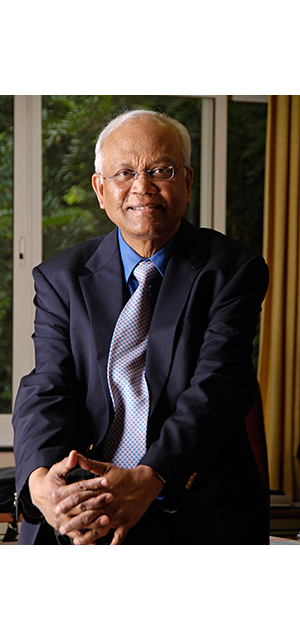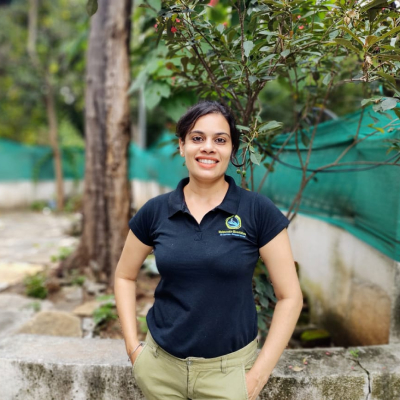–Dr. Aparna Deshpande
Most of the industrial equipment used for water desalination use carbon nanotubes-based filters. As freshwater resources are limited industrial scale saltwater purification technique plays a key role globally. As most of the manufacturing sectors need fresh water as a raw material, sea water desalination is practiced on a very large scale. The two main ways to desalinate water currently are thermal: using heat to evaporate seawater so it condenses as pure water and by reverse osmosis, which uses pressure to force water through a membrane that blocks salt. Carbon nanotube-based membranes are till date considered to be the best choice and used in large scales, but it comes with a huge cost.
A group of researchers from University of Tokyo’s Department of Chemistry and Biotechnology, headed by Associate Professor Yoshimitsu Itoh have developed a lead in Teflon based water purification technique. Using fluorine-based nanostructures embedded in Teflon makes it an effective device for ultrafast water purification. The fluorous nano networks are more efficient than present desalination technologies as they operate fast, use less pressure and energy, and have more effective filters. As we are aware how effortlessly wet ingredients slide across a nonstick Teflon-coated frying pan. Fluorine a major component of Teflon is a low weight material that is inherently water-repellent, or hydrophobic. Teflon can also enhance the flow of water by lining pipes with it. As fluorine is electronically negative, it tends to repel negative ions such as the chlorine which is major component in salt water. To add up for fluorine’s negativity helps in breaking down the water clusters, essentially loosely bound groups of water molecules, so that they pass through the networks quickly. The fluorine-based water desalination membranes require less energy to operate as compared to the current available membranes.
The research group is now working on optimizing their membrane synthesis procedures which are presently energy intensive. But given the longevity of the membranes and their low operational costs, the overall energy costs will be much lower than with present techniques. The group is also coming with some novel membrane technology for CO2 absorption as well.
Please see the following news Source(s) and original reference(s) therein: https://scitechdaily.com/new-device-purifies-saltwater-over-a-1000-times-faster-than-standard-industrial-equipment/





